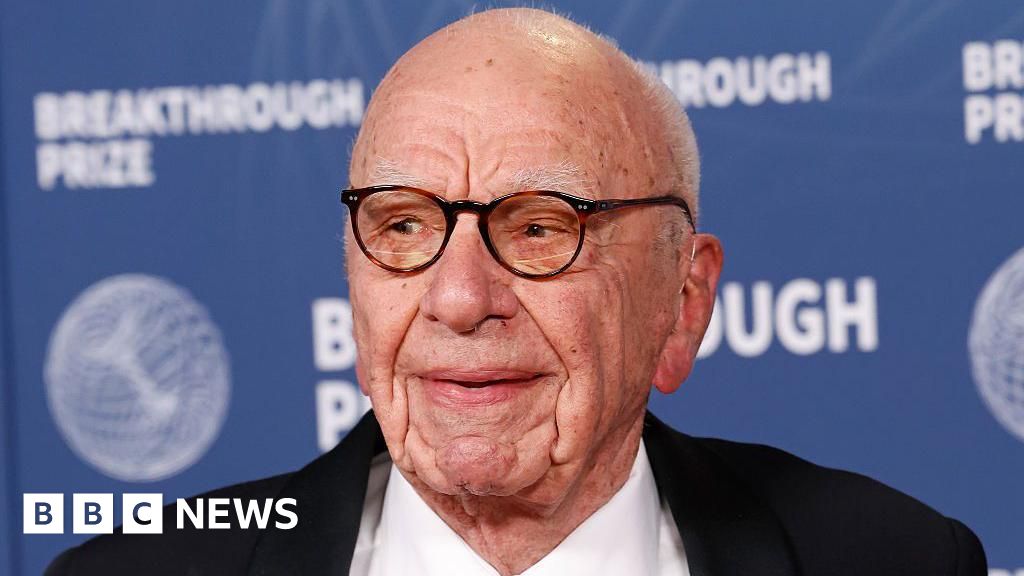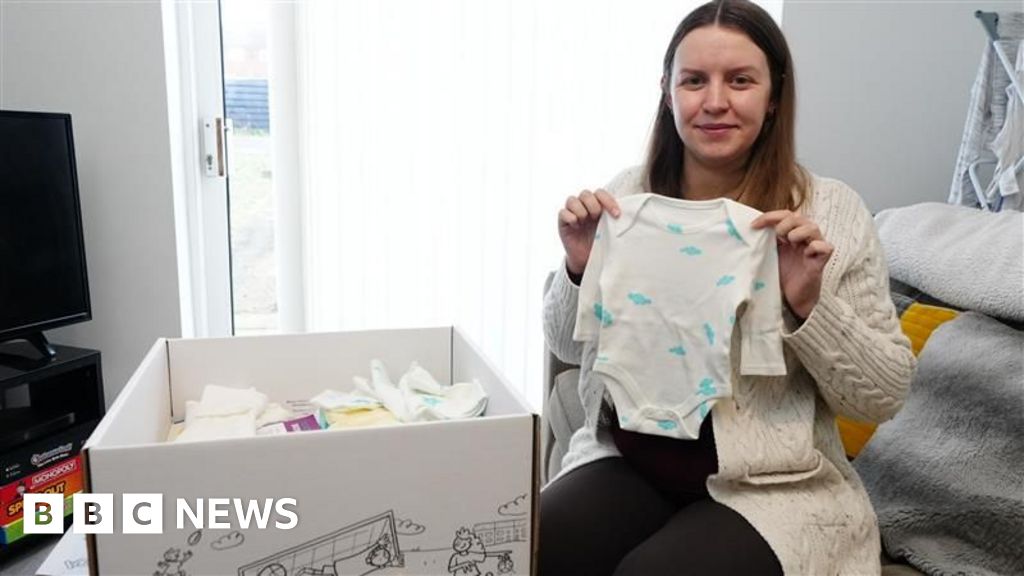Business
Murdochs reach deal in succession battle

A years-long succession battle within Rupert Murdoch’s conservative media empire has drawn to a close, with his son Lachlan set to control the news group.
The deal, which the family announced on Monday, will ensure the ongoing conservative leaning of Fox News, The Wall Street Journal and The New York Post even after 94-year-old Rupert’s death.
Under the agreement Lachlan will control a new trust while siblings Prue MacLeod, Elizabeth Murdoch and James Murdoch will cease being beneficiaries of any trust with shares in Fox or News Corp.
It follows years of tension between the media mogul and three of his children over the future of the family-owned newspapers and television networks.
The Murdoch family’s internal turmoil served as inspiration for the hit television drama Succession. The deal announced on Monday to end the real-life saga ends all litigation over the family’s trust.
Lachlan’s more politically moderate oldest siblings are poised to sell their holdings in Fox and News Corp in the coming months. They will also be named as beneficiaries of a new trust, which will receive cash from the sale of about 14.2 million shares of News Corp. and 16.9 million shares of Fox Corp.
The sale of their shares will add to the three siblings’ existing inheritance, but prevent them from having any influence over the political bent of the family’s media conglomerate.
Lachlan is currently the chair of News Corp, which counts The Wall Street Journal and The Times among its slew of publications. He is widely seen as the most politically conservative of Rupert’s oldest children.
“The leadership, vision and management by the company’s chair, Lachlan Murdoch, will continue to be important to guiding the company’s strategy and success,” News Corp said in a statement announcing the deal.
Business
Budget eases PF, ESI deduction rules for employers, allows relief for delayed deposits – The Times of India

In a move expected to bring relief to employers and reduce routine tax disallowances, the finance bill has proposed a key change to the treatment of employees’ provident fund (PF), ESI and similar contributions, allowing deductions even where there is a delay in deposit, provided the amount is deposited by the employer entity with the relevant welfare fund authorities before the due date of its Income-tax return.At present, employers can claim deduction for employees’ PF and ESI contributions only if the amounts are deposited within the strict timelines prescribed under the respective welfare laws. Even a minor delay permanently disqualifies the expense for tax purposes, a position that had been settled by the Supreme Court (SC) after years of litigationUnder the proposed amendment to Section 29 of the Income-tax Act, 2025, the definition of “due date” for claiming deduction of employees’ contributions is set to be aligned with the due date for filing the income-tax return by the employer entity.Explaining the shift, Deepak Joshi, a SC advocate said employers are currently held to a rigid standard. “The law, as interpreted by the SC, meant that if employee contributions were not deposited within the due date under the relevant welfare fund laws, no deduction was allowed — even if the payment was made before filing the income-tax return,” he said.“The proposed amendment substitutes the definition of ‘due date’ to mean the due date of filing the income-tax return. The positive impact is that even if there is a slight delay in depositing employees’ contributions, so long as the amount is deposited before the return-filing deadline, the employer will be allowed the deduction,” Joshi added. Experts view the move as part of the government’s broader effort to soften compliance rigidities and reduce avoidable litigation.
Business
Free baby bundles sent to newborn parents but some miss out

Baby boxes are being delivered to expectant families in some of Wales’ most deprived areas.
Source link
Business
Investors suffer a big blow, Bitcoin price suddenly drops – SUCH TV

After the drop in gold price, Bitcoin price also fell.
Bitcoin fell below $77,000 in the global market, Bitcoin price fell by more than 13% in a week.
Bitcoin’s highest price in 6 months fell below $126,000, Bitcoin price has dropped by more than $49,000.
-

 Sports6 days ago
Sports6 days agoPSL 11: Local players’ category renewals unveiled ahead of auction
-

 Entertainment6 days ago
Entertainment6 days agoClaire Danes reveals how she reacted to pregnancy at 44
-

 Tech1 week ago
Tech1 week agoICE Asks Companies About ‘Ad Tech and Big Data’ Tools It Could Use in Investigations
-

 Business6 days ago
Business6 days agoBanking services disrupted as bank employees go on nationwide strike demanding five-day work week
-

 Fashion1 week ago
Fashion1 week agoSpain’s apparel imports up 7.10% in Jan-Oct as sourcing realigns
-

 Sports6 days ago
Sports6 days agoCollege football’s top 100 games of the 2025 season
-

 Politics1 week ago
Politics1 week agoFresh protests after man shot dead in Minneapolis operation
-

 Politics6 days ago
Politics6 days agoTrump vows to ‘de-escalate’ after Minneapolis shootings





